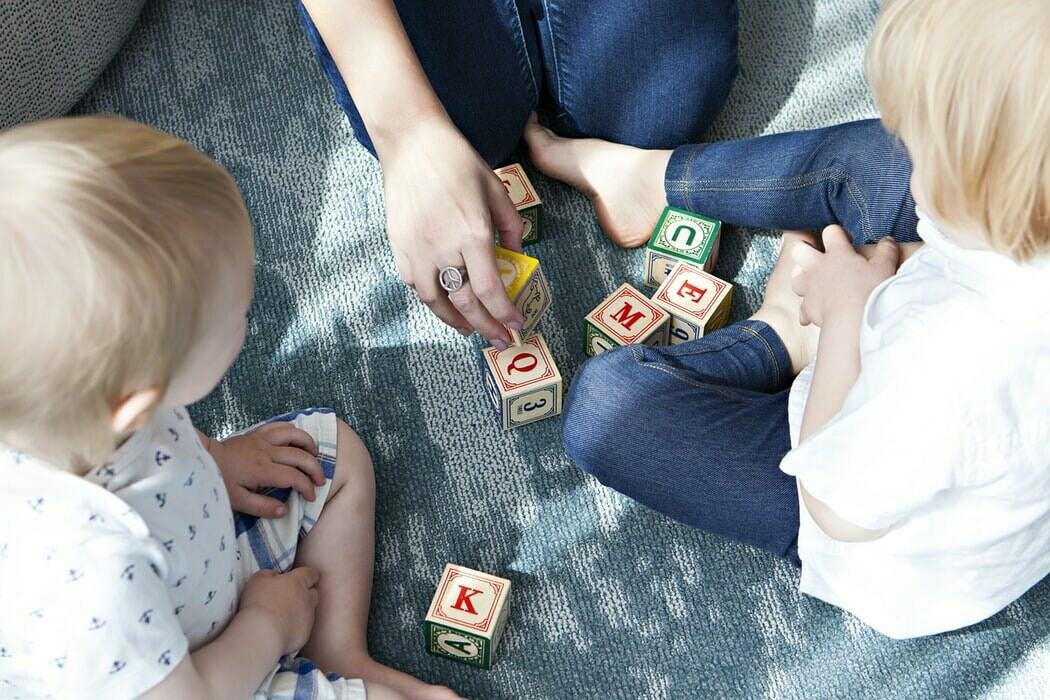Since time, parents always strive to protect their children. But as they grow and develop their own independence, there comes a point where we have to let go and allow them to begin to control their own lives and deal with their own problems.
One way that a parent can help them to do this successfully is by teaching them certain values and personality traits. It makes them emotionally intelligent and confident enough to cope with any problems they may face in their young lives.
Character Traits Are Important
Bullying can be devastating to a child or teenager. But sadly, it is very common with government research indicating that 27% of the 20,000 8-14 year old’s that took part in a survey experienced bullying every few weeks or more.
No child should have to deal with this alone. And parents and teachers should certainly become involved if necessary.
However, there are also character traits that parents can try to instill in their children as early as possible. Character traits help them both avoid becoming a target of bullying. And this leaves them better equipped to deal with bullies if they should encounter them.
How to Instill Great Character Traits to Your Children
Educate Them
SafeWork defines workplace bullying as ‘repeated unreasonable behaviour’. And this definition basically applies to people experiencing bullying in a school environment too.
This sort of behaviour come in many disguises and may include verbal taunts, physical assault, being socially shunned or isolated, having personal possessions stolen or being attacked via social media. This is becoming ever more common with news.com identifying that Australia is the top country in the world for cyber bullying.
Whatever the type, persistent behaviour from others that is causing them distress or upset needs addressing and is not acceptable. Let them know that they can open up to you and ask for your help. Do not brush it off as something that all kids do or dismiss their feelings. Or they may not feel able to confide in you again.
Encourage Asstertiveness
Teaching your children to be assertive means letting them know that it is OK to stand up for themselves, if someone is behaving unfairly towards them. This doesn’t mean they should become aggressive or mimic a bully’s behaviour. But they also shouldn’t allow themselves to be intimidated or treated badly.
Encourage them to develop their own opinions and not to be afraid to express them in a respectful manner. Kids who are assertive develop confidence that generally deters bullies. But if they do find themselves becoming targeted, they will have the skills to say no or ask them to stop.
Build Self-Esteem
Self-esteem goes hand in hand with assertiveness as children who have high confidence tend to have a high sense of self-worth. Building up your child’s self-esteem means that if they do become attacked, they are less likely to become upset or deeply affected by any personal remarks or teasing.
Building self-esteem can be done through a variety of subtle ways. For example, giving your child personal responsibility, such as household chores or even a part-time job if they are old enough. Having a sense of responsibility makes them feel important and worthwhile.
Extracurricular activities such as sports and classes are also a good way for your child to experience personal achievements and develop their own independence. And regular praise for their achievements and general displays of affection makes them feel loved and appreciated. This in turn will make them feel as though they are worthwhile people.
Self-esteem carries importance for many reasons. Sociological studies show that low self-esteem in young people makes them more susceptible to addiction and psychological problems such as post-traumatic stress disorder later in life.
Psychguides define this as a condition that is triggered when a person is in a situation where they experience feelings of intense helplessness or fear. It can be a direct impact of bullying.
Teach Empathy
It can be difficult to feel empathy towards someone who is potentially hurting our children and even more difficult to teach our children that they should be empathetic to those who are causing them pain.
But research does suggest that bullies are generally those who fear they will be hurt. So, they try and portray themselves as strong or those who view violence as an acceptable way to interact.
These factors can be caused by troubled home life. And you will find that many bullies are deeply unhappy with themselves in one way or another, which is why they vent their frustration on others.
It leaves no valid excuses for bullying. But teaching your child that some people aren’t as lucky as them won’t just teach them empathy and compassion for the future. But it will help them to understand that bullying is often influenced by other factors. And it isn’t their own fault.
Practice Social Skills
Teaching your children good character traits means that they are more likely to form friendships. Not only will this make them exuberant and more confident generally, but being part of a strong and supportive social group will decrease their chances of them being targeted by bullies.
Teaching your children basic manners such as saying please and thank you matters. Telling them not to interrupt or shout in conversations helps them develop good manners. Encouraging them to be chatty and cheerful draws other children towards them. Support these friendships as much as possible by facilitating play dates or sleepovers.
Teach Great Character Traits to Your Kids
Great character traits are one of the things that parents can impart to their children. These things cannot be bought by money. So, as a parent, it is your responsibility to make sure that you rear your child properly.



